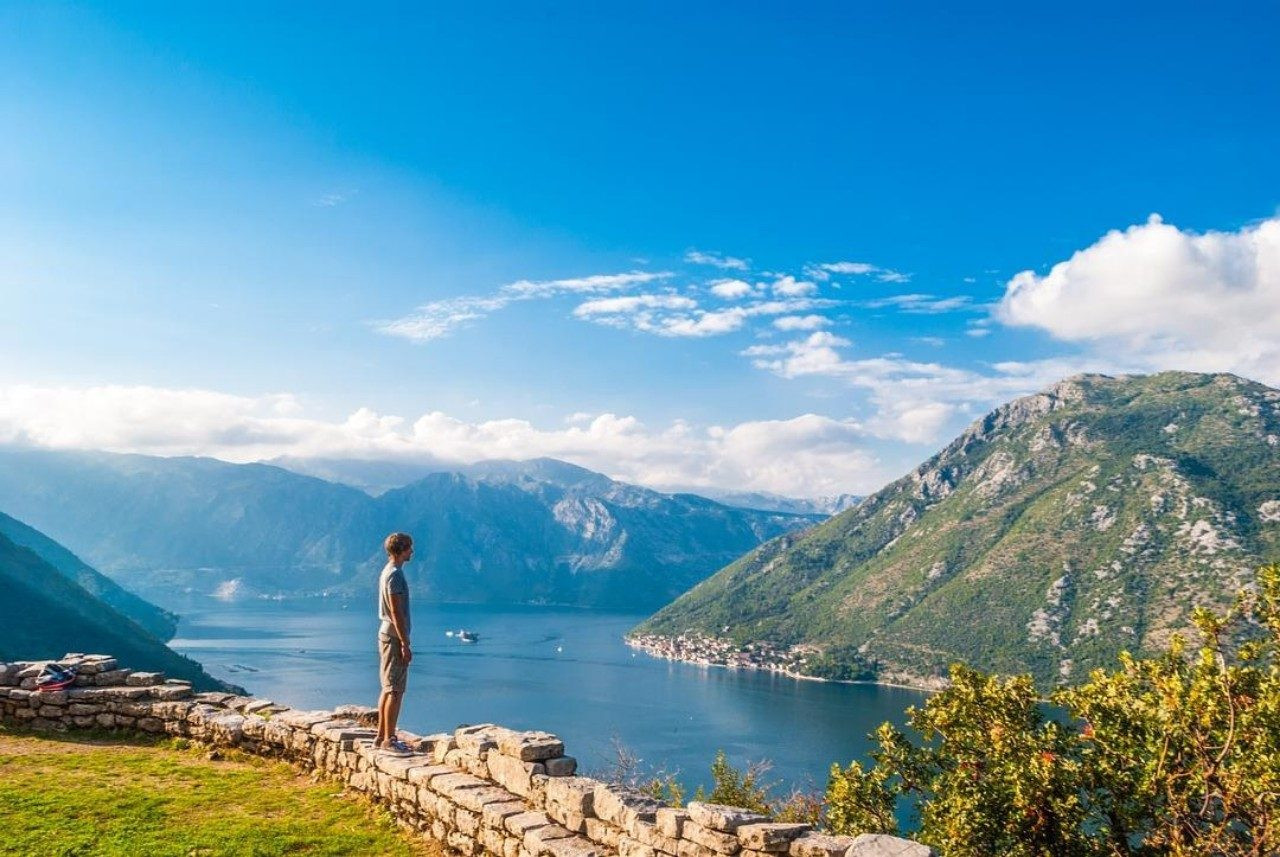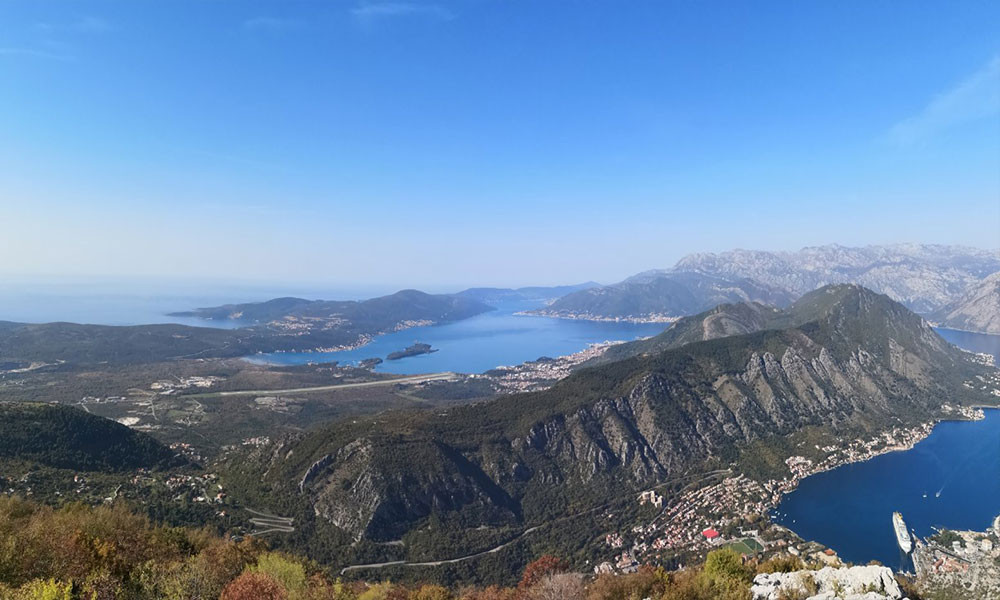National Geographic: How to plan an epic road trip through Montenegro, the jewel of the Balkans
How to plan an epic road trip through Montenegro, the jewel of the Balkans
Montenegro — literally, 'black mountain' — is in fact a place of thick green forests, ice-blue lakes and white-capped peaks. A journey through the Balkan beauty reveals the wealth of stories and sights packed into one of Europe's smallest countries.
"You will not encounter the Murlan if clouds have gathered in the sky. He chooses only fair weather to strike. And you won't feel his breath on your neck until he's upon you. Of the 15 different winds said to bluster over Lake Skadar, the Murlan is the one you need to watch out for. The Danik, a gentle spring-summer easterly, blows only in daylight hours; the night-time Noćnik exhales across the lakeshore from various directions, blessing vineyards and wheat fields with fertility — or so local legends go. The fearsome Murlan, however, rises into the sunshine over Lake Skadar and sends sudden, seismic waves that claim boats for the deep. "And it almost always comes in the afternoon," says my guide Sara Jovićević. "We'd better hurry.
It's mid-morning as our little boat pushes out through head-high reeds. Ahead, Skadar is almost without a ripple. Confident of Murlan-free conditions, captain Ivan Georgijev has laid out a picnic of priganice (fried, yeasted dough balls) made by his mum. They're served with local honey, feta-like prljo cheese and brown-burgundy olives plucked from the shores of the lake around Murici village.
Like many boat companies working Skadar's island-studded shores, Ivan's is family affair, one of the first catering to the wildlife watchers whose numbers blossomed after the lake's declaration as a national park in 1983. Skadar is home to over half of Europe's bird species, a vital wintering ground for migrators. It's also the nesting site for the threatened Dalmatian pelican whose three-metre wingspan is one the largest of any bird on Earth.
We spot one of these rare birds, giant wings a-shuffle, bobbing about in the shadow of an Ottoman fortress. Other than the medieval monasteries crowning several of Skadar's islets, it's a rare sign of human intervention. "Skadar really is our natural treasure," says Sara as we glide through floating meadows of white-flowering waterlilies. The largest of Montenegro's five national parks, Skadar's biodiversity includes some 800 species of algae and 48 species of fish, 18 of which are found here alone"....
Source: National Geographic
Read More at link below...

Gornji Stoliv: Chestnut forest - Blog

Eco katun Vranjak - a magical village where special people live - Blog

From the sea to the mountains in an hour - Blog

The only Montenegrin beach on the Guardian list for 2022 - and one of the most hidden - Blog

THE TOP 10 Montenegro Tours & Excursions in 2023
When you subscribe to the blog, we will send you an e-mail when there are new updates on the site so you wouldn't miss them.
About us
We are Montenegro guide service. We will try to be excellent hosts and guides in answering everything you are interested in while you are on vacation in Montenegro.
Info & Contact
Dast Web Solutions SIA
Āraišu iela 27-6,
Riga LV-1039
info@dastweb.me
Guides
Local informatios
News and Events
Transport informations
Places and stories
Restaurants and bars
Services
Accommodation
Air Tickets
Rent a car
Rent a Yacht
Excursions



Comments